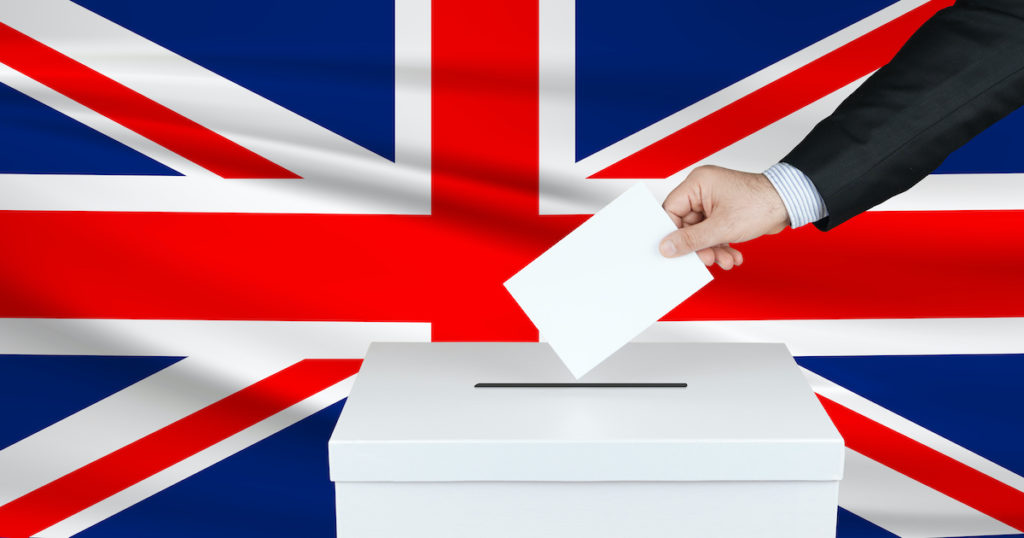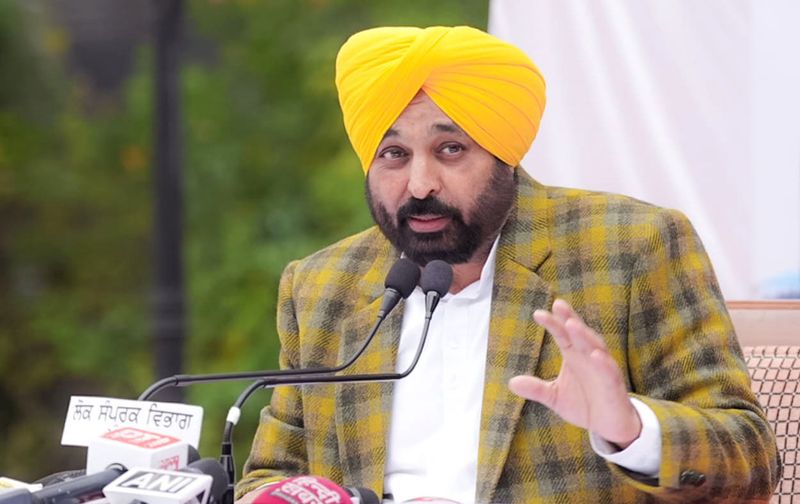This week remained happening as the two bigwig nations, the US and the UK are all set to elect their new heads. While on one hand, following the first 2024 presidential debate, a shift was observed in the direction of the presidential race, favouring Donald Trump. He now holds a 3-point lead over President Biden in the battleground states combined, and a 2-point lead nationally. On the other hand, The UK’s general election commenced, and the opposition Labour party is heavily favoured to take control and put an end to the 14-year Conservative rule.
The criticism of Biden’s debate performance highlights concerns within the Democratic party about his ability to effectively combat Trump’s rhetoric and secure a successful re-election bid. As calls for change among his inner circle grow louder, Biden faces increasing pressure to address his shortcomings and improve his strategy moving forward to regain the confidence of his supporters and donors.
The choice to engage in the debate caught some advisors off guard, as Biden’s team decided to eschew the traditional debates organized by the Commission on Presidential Debates in favour of a more controlled environment on CNN. Despite this, Biden’s performance received widespread criticism, with his appearance and demeanour being labelled as dull, dishevelled, and often incoherent.
In the US presidential election, there are three televised debates between the presidential candidates of the two major parties, the Republican Party and the Democratic Party, six weeks before voting. The televised debates have been playing an important role in deciding the direction of the presidential elections for decades. These are a platform for voters to test the candidates.
The CNN studio in Atlanta, Georgia, was the venue for the first presidential debate between the Republican and Democrat candidates. The debate, which was watched by approximately 85 million people, was moderated by CNN anchors Jake Tapper and Dana Bash. During the debate, the candidates were given one minute each for accusations, counter-accusations, and answers, while two minutes were allotted for answering questions on important issues.
Following the debate, victory or the defeat is determined based on four main parameters: the results of opinion polls, the opinions of media and experts, the attitude of social media, and voting intention surveys. Currently, there is widespread discussion about the outcome of the debate, with many major media outlets and news channels in the US declaring Trump as the winner. CNN’s instant poll also showed that over 67 percent of respondents considered Trump to be the winner.
The debate strategy of Biden, which was given the green light by campaign chair Jen O’Malley Dillon entailed a strict preparation regimen held at Camp David. Leading up to the debate, Biden’s approval ratings had started to climb after Trump’s indictment for document forgery and the president’s successful trips to Europe. Nonetheless, critics claim that Biden should have communicated to the public clearly that he did not have enough time to rest before the event. Whatever the reason could be, Trump seems to be the winner for now.
While the US is all geared up for its new President, the UK’s general election also commenced, and the opposition Labour party is heavily favoured to take control and put an end to the 14-year Conservative rule. According to opinion polls, the parliamentary election is expected to result in a Labour Party-led government under Keir Starmer, marking the end of 14 years of Conservative Party governance. As the election campaign drew to a close, Britain’s political leaders made a final push for votes on Wednesday this week with expectations pointing towards a return of a Labour government after many years Conservative rule.
Despite the challenging outlook, Prime Minister Rishi Sunak remains determined, stating that he is still “fighting hard” in the face of predictions that the Tories are on track for an “extraordinary landslide” defeat in the election. The outcome of the election is highly anticipated, with the possibility of a significant shift in power looming as the Labour party emerges as the favourite to take the reins of government.
Recent polls indicate a strong likelihood of Labour emerging victorious in the upcoming general election, marking their first win since 2005 and potentially making Mr. Starmer the party’s first prime minister since Gordon Brown’s tenure ended in 2010. This projected outcome suggests a significant shift in British politics towards the left, following a long period of right-wing Conservative rule.
On the other hand, Sunak has been emphasizing the potential consequences of a Labour government, warning of tax increases and compromised national security. These warnings have been dismissed by Labour as a desperate ploy by the Tories to retain power. Additionally, the Conservative party has intensified its efforts to caution voters against the possibility of Labour securing a ‘supermajority’, a scenario that Labour believes is designed to suppress voter turnout.
Whosoever wins in the US or the UK elections, should prioritise global good and ease of life for all. This may sound very ideal but I believe the presidents, prime ministers and the governments are chosen and made to make people’s lives easy by the end of the day. Amid the complex maze of politics, I hope the chosen ones would not forget this!
The author is Professor, School of International Studies, JNU







